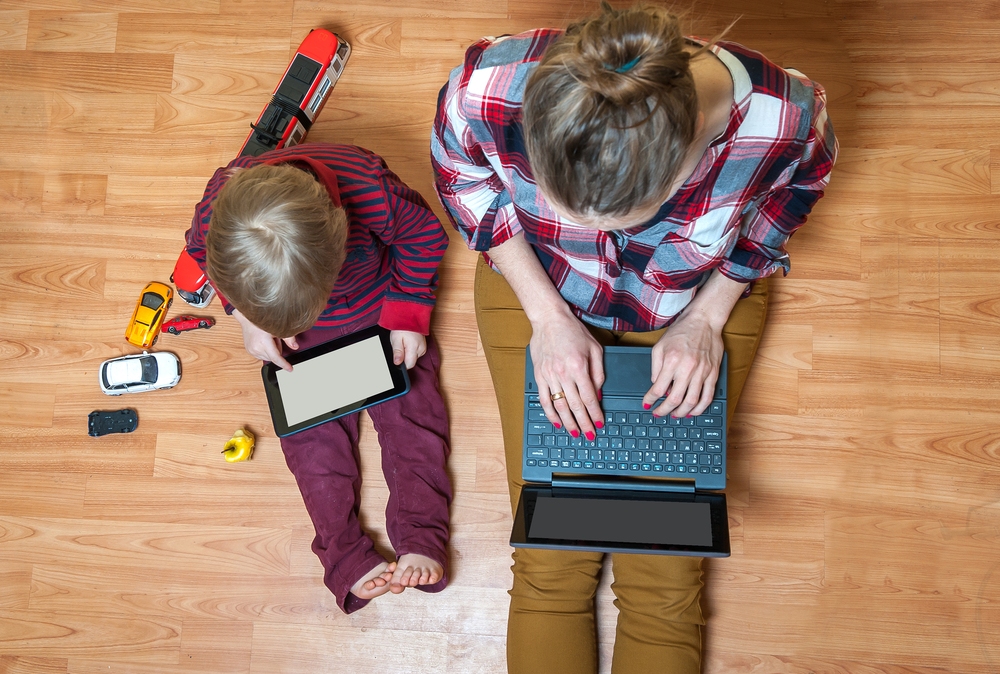Historical Knowledge Normal History Worksheets for Ages 7-9
18 filtered results
-
From - To
Unlock the past with our "Historical Knowledge Normal History Worksheets for Ages 7-9." Specifically designed to captivate young minds, our worksheets blend engaging activities with essential historical facts, fostering a love for learning history. Each sheet helps children enhance critical thinking and comprehension through diverse topics, from ancient civilizations to pivotal events in American history. Perfect for homeschoolers or classroom use, these printable resources make it easy for kids to grasp complex concepts in a fun, interactive way. Start your journey through time and provide a solid foundation in historical knowledge for your child today!


White House Worksheet
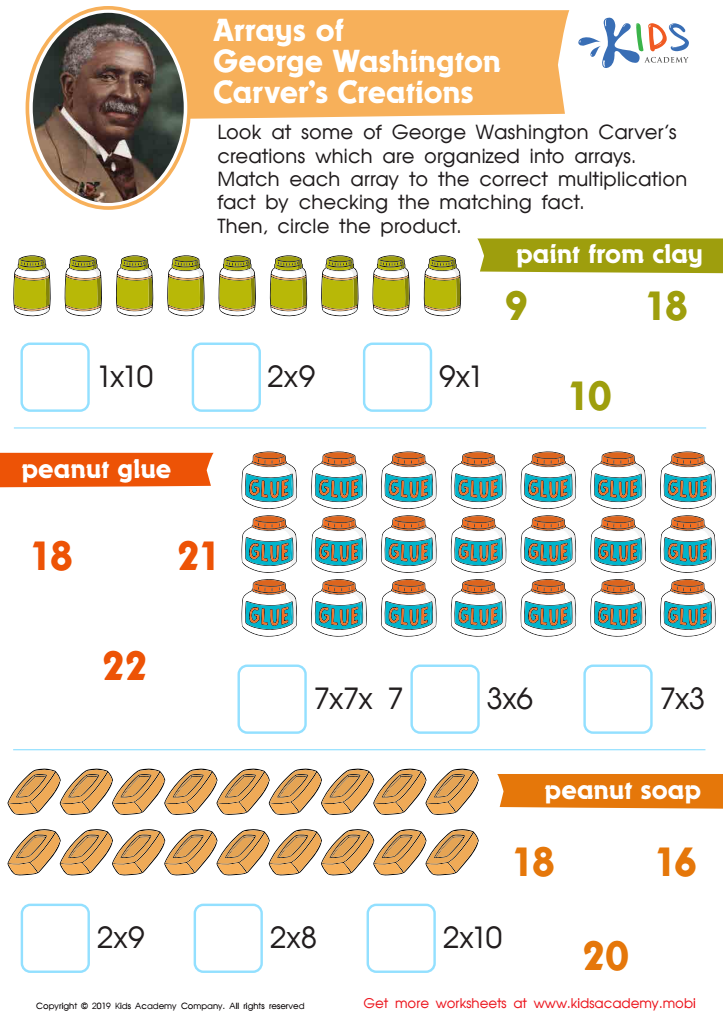

Arrays of George Washington Carver’s Creations Worksheet
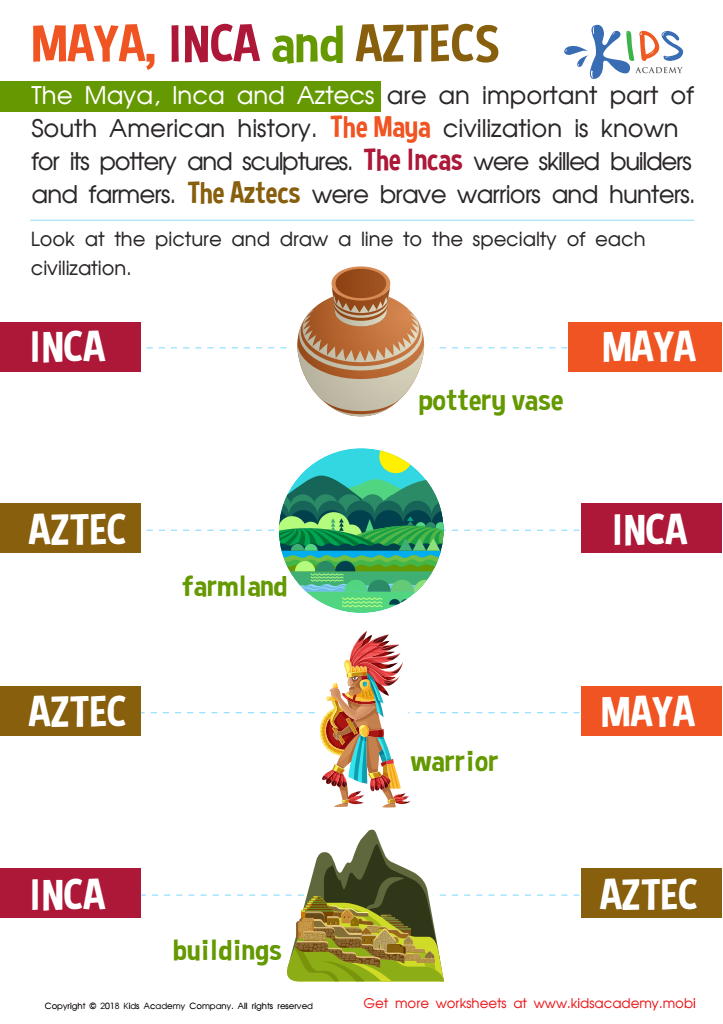

Maya, Inca and Aztecs Worksheet
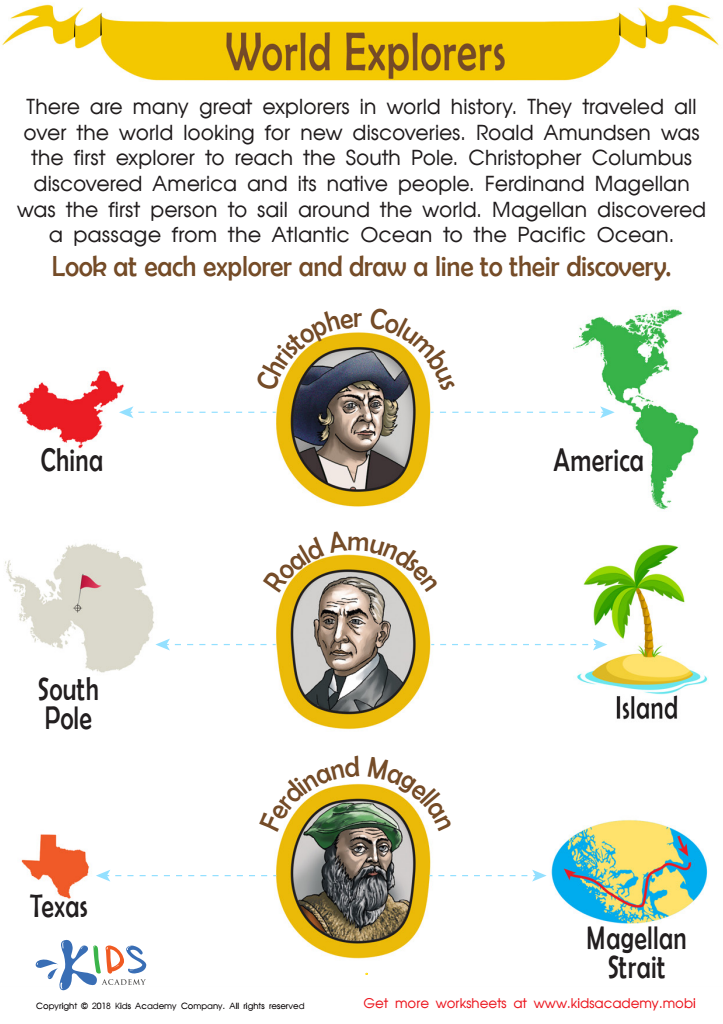

World Explorers Worksheet
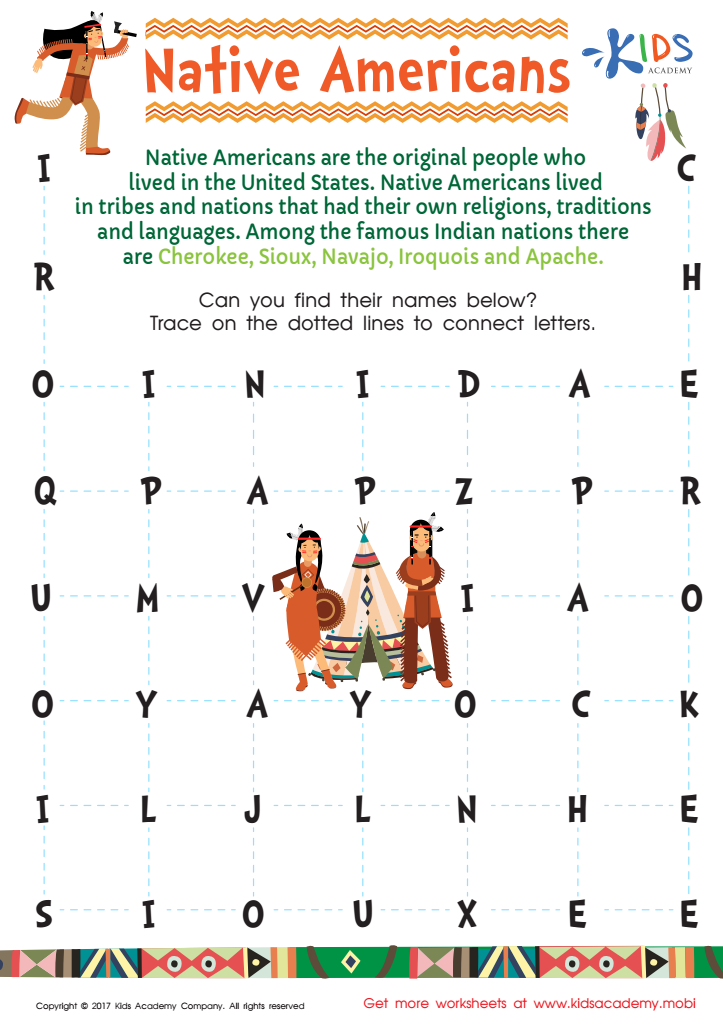

Native American Word Search Printable


Benjamin Franklin Worksheet
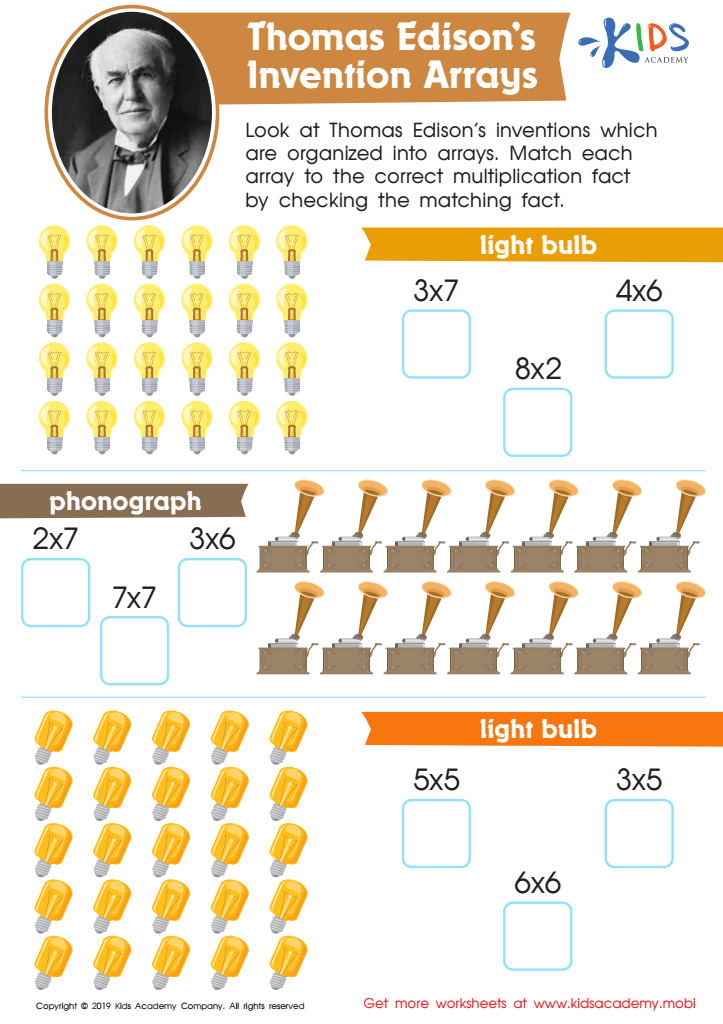

Thomas Edison’s Invention Arrays Worksheet
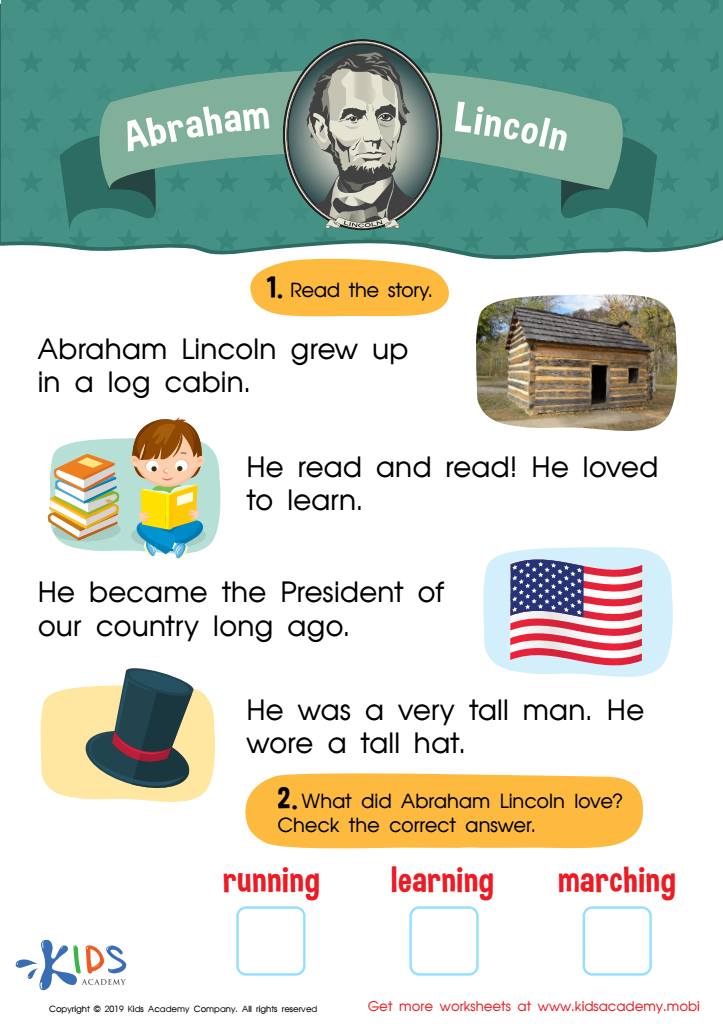

Abraham Lincoln Worksheet
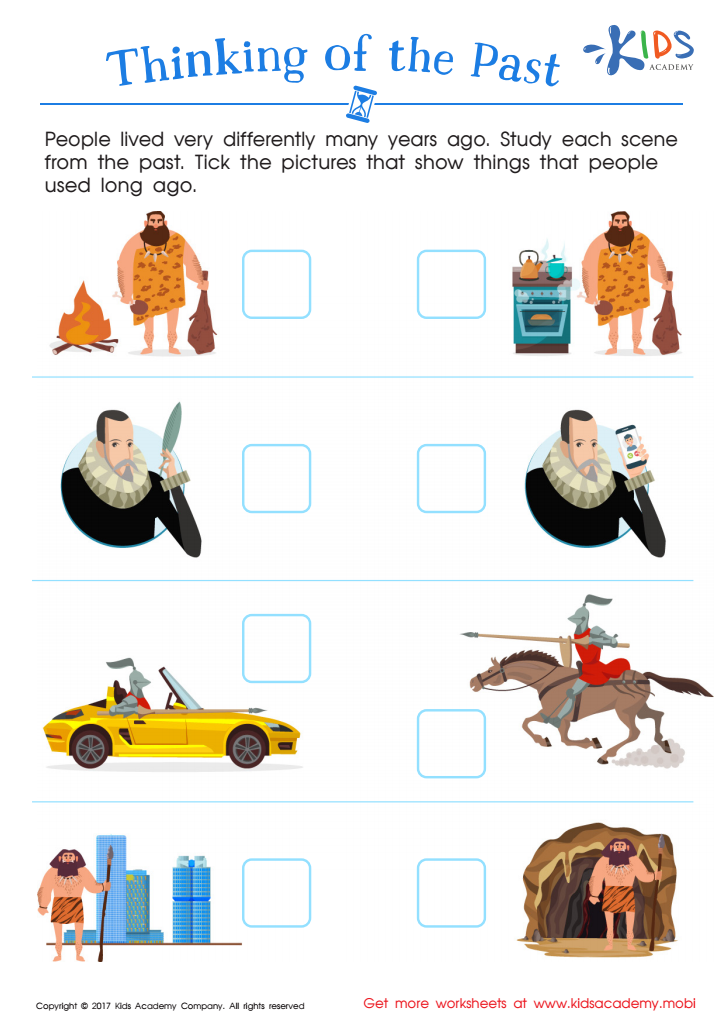

Thinking Past Printable
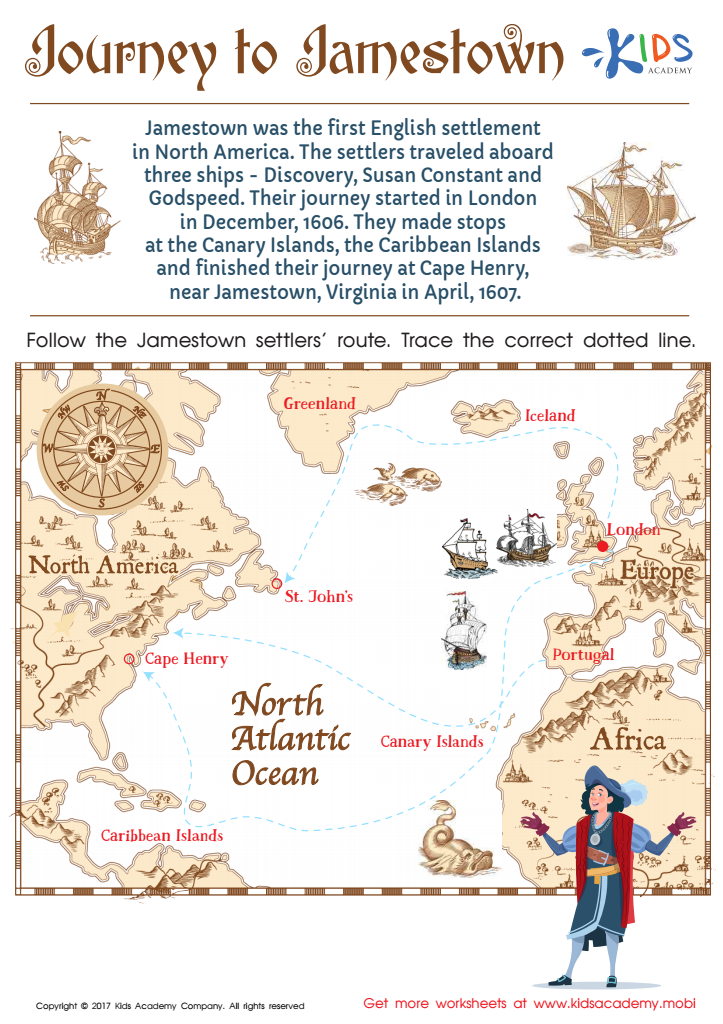

Journey to Jamestown Worksheet
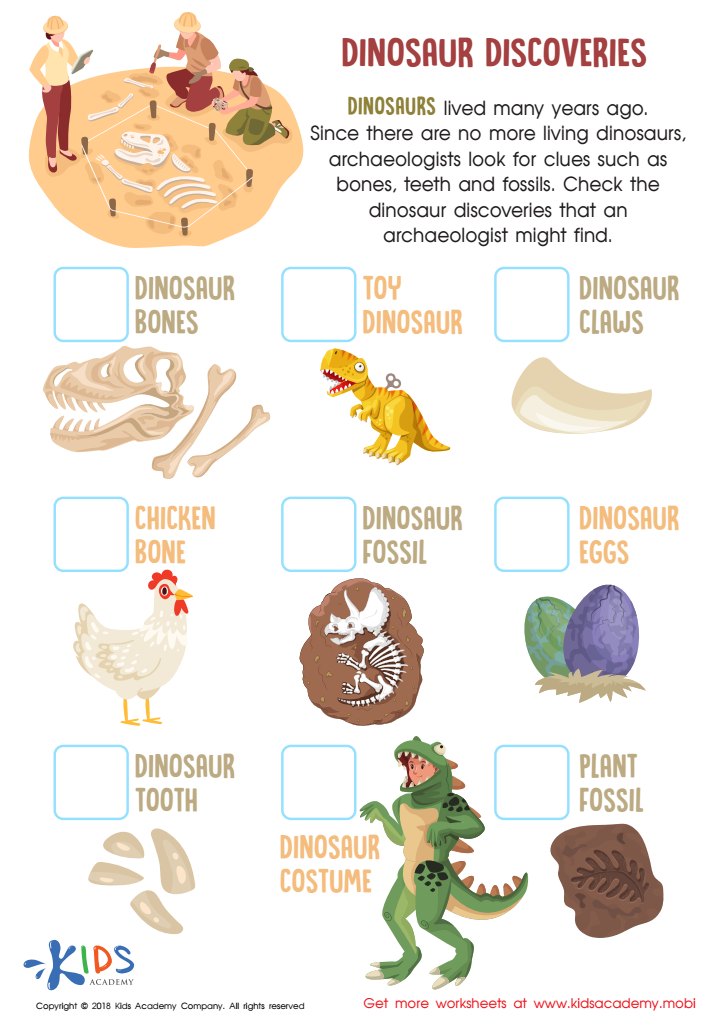

Dinosaur Discoveries Worksheet
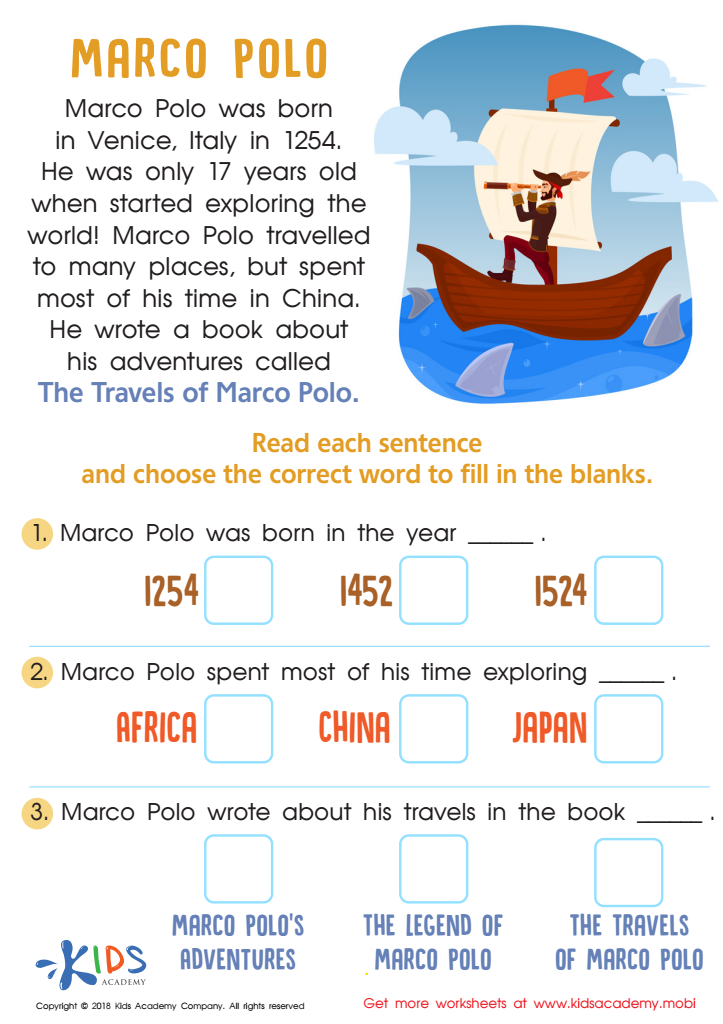

Marco Polo Worksheet
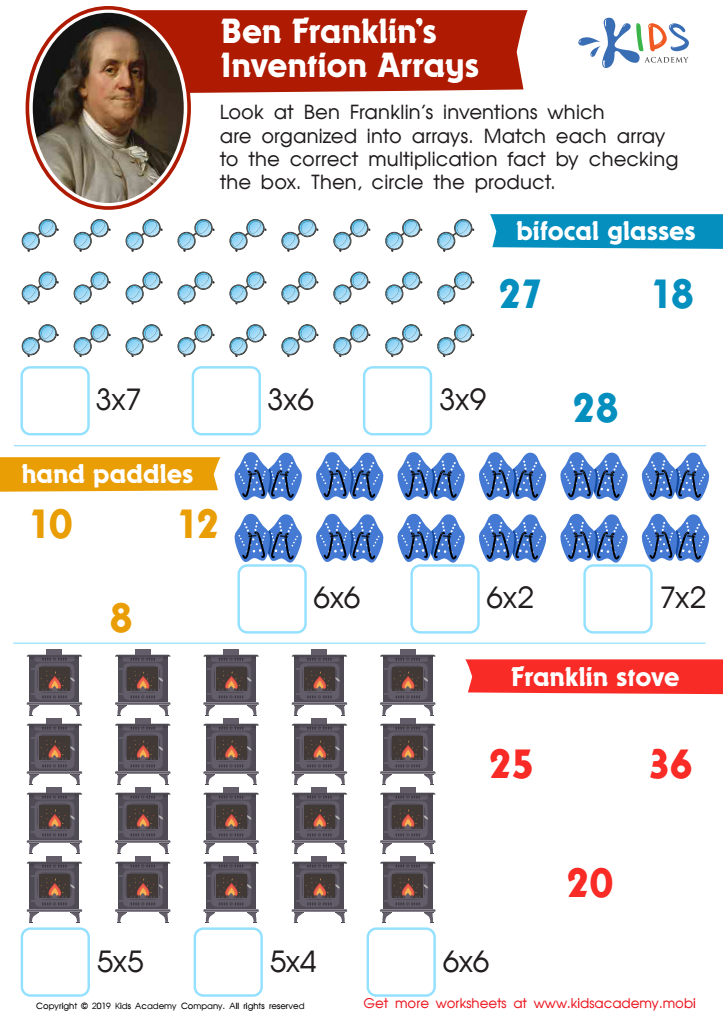

Ben Franklin’s Invention Arrays Worksheet
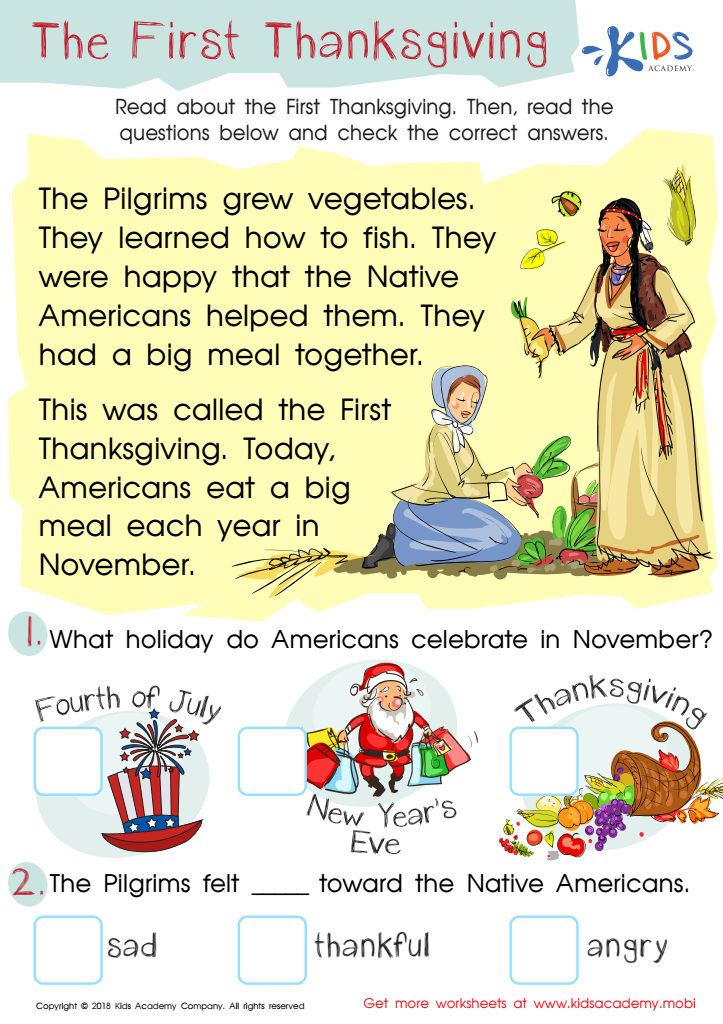

Assessment: First Thanksgiving Worksheet
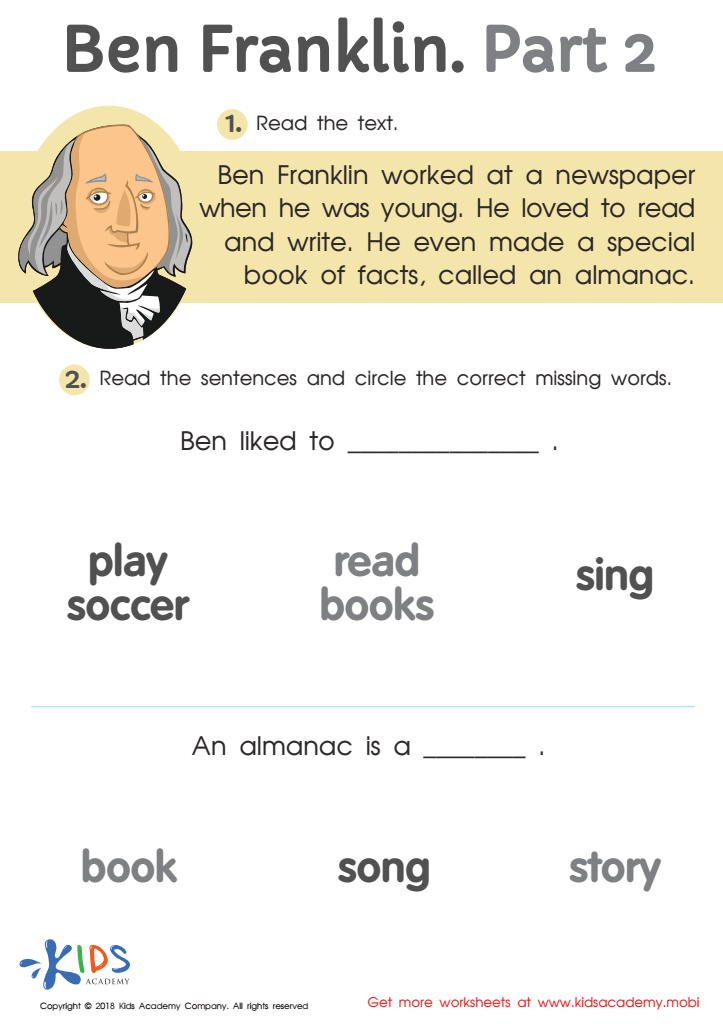

Ben Franklin Part 2 Worksheet
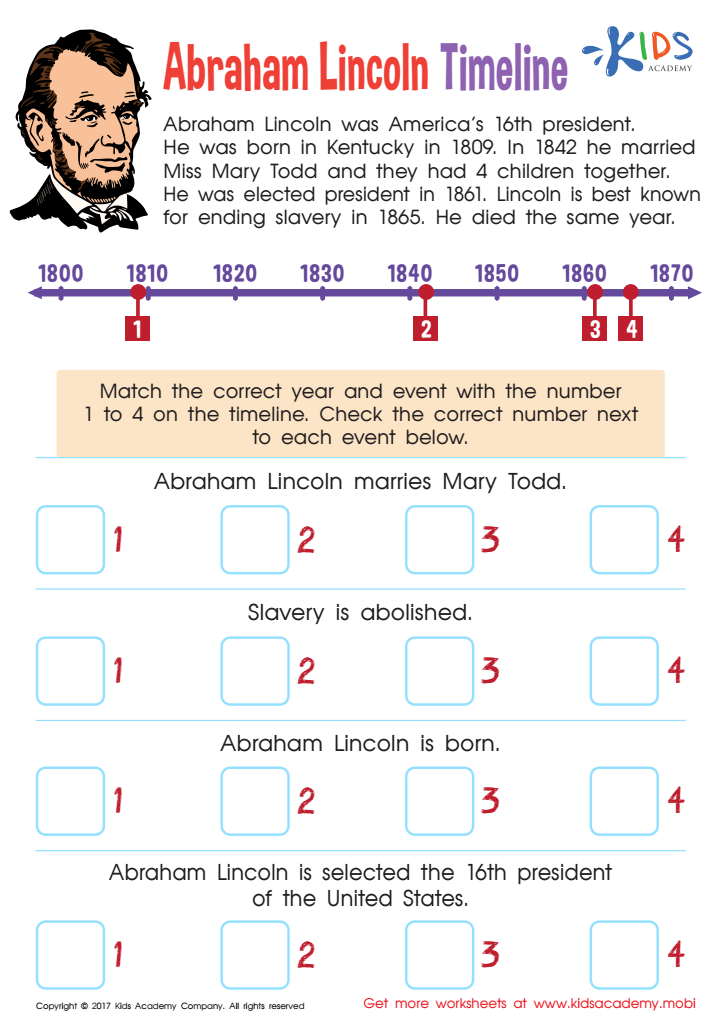

Abraham Lincoln Timeline Worksheet


Gandhi Worksheet
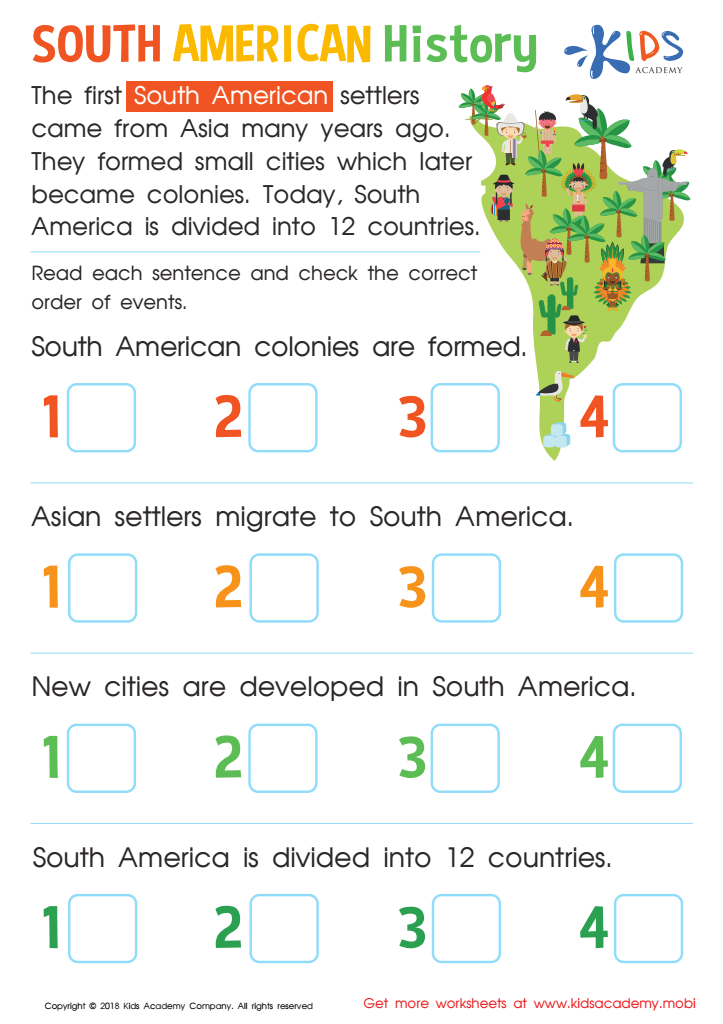

South American History Worksheet
Historical knowledge is a cornerstone in shaping well-rounded individuals, even at tender ages of 7-9. Understanding history helps children contextualize the world around them. By learning about past events, cultures, and significant figures, young minds develop a clearer picture of how society has evolved. This fosters an appreciation for diversity and teaches empathy by exposing kids to different perspectives and experiences that have shaped humanity.
Moreover, historical knowledge enhances critical thinking skills. When children grasp the cause-and-effect nature of historical events, they start to think analytically about why things happen, encouraging curious minds to ask questions and seek deeper understanding. This inquiry-based approach to learning is crucial for intellectual development in all subjects.
Parents and teachers also benefit from teaching history to young children. Historical stories can be a powerful tool for moral education, vividly illustrating lessons about right and wrong, justice, and conflict resolution. For instance, learning about figures who stood for justice and made sacrifices can inspire children to emulate these qualities in their own lives.
Integrating history into early education enriches children’s knowledge base, cultivates critical life skills, and builds a foundation for responsible citizenship. By engaging with the past, young students are better equipped to contribute thoughtfully and innovatively to the future.
 Assign to My Students
Assign to My Students







